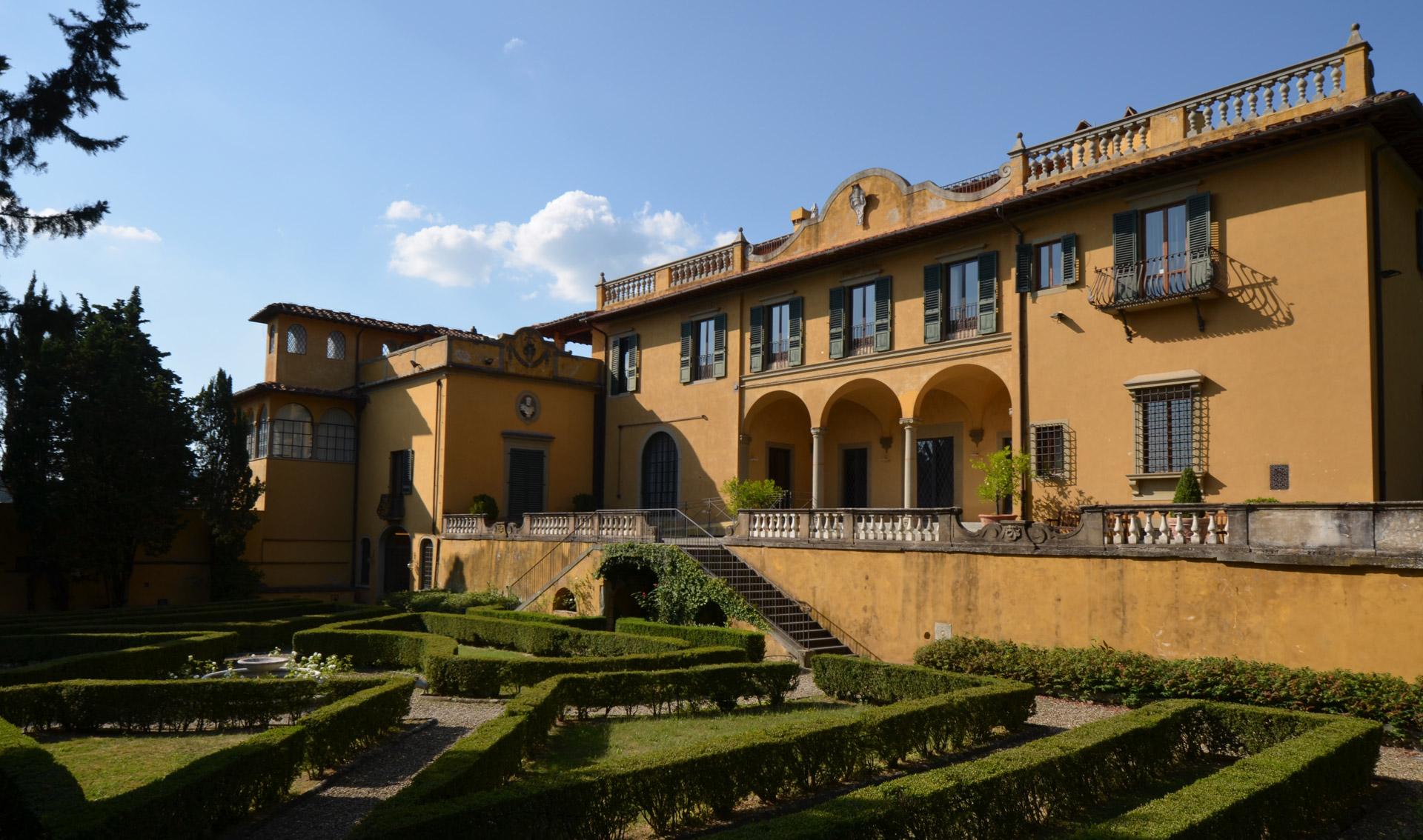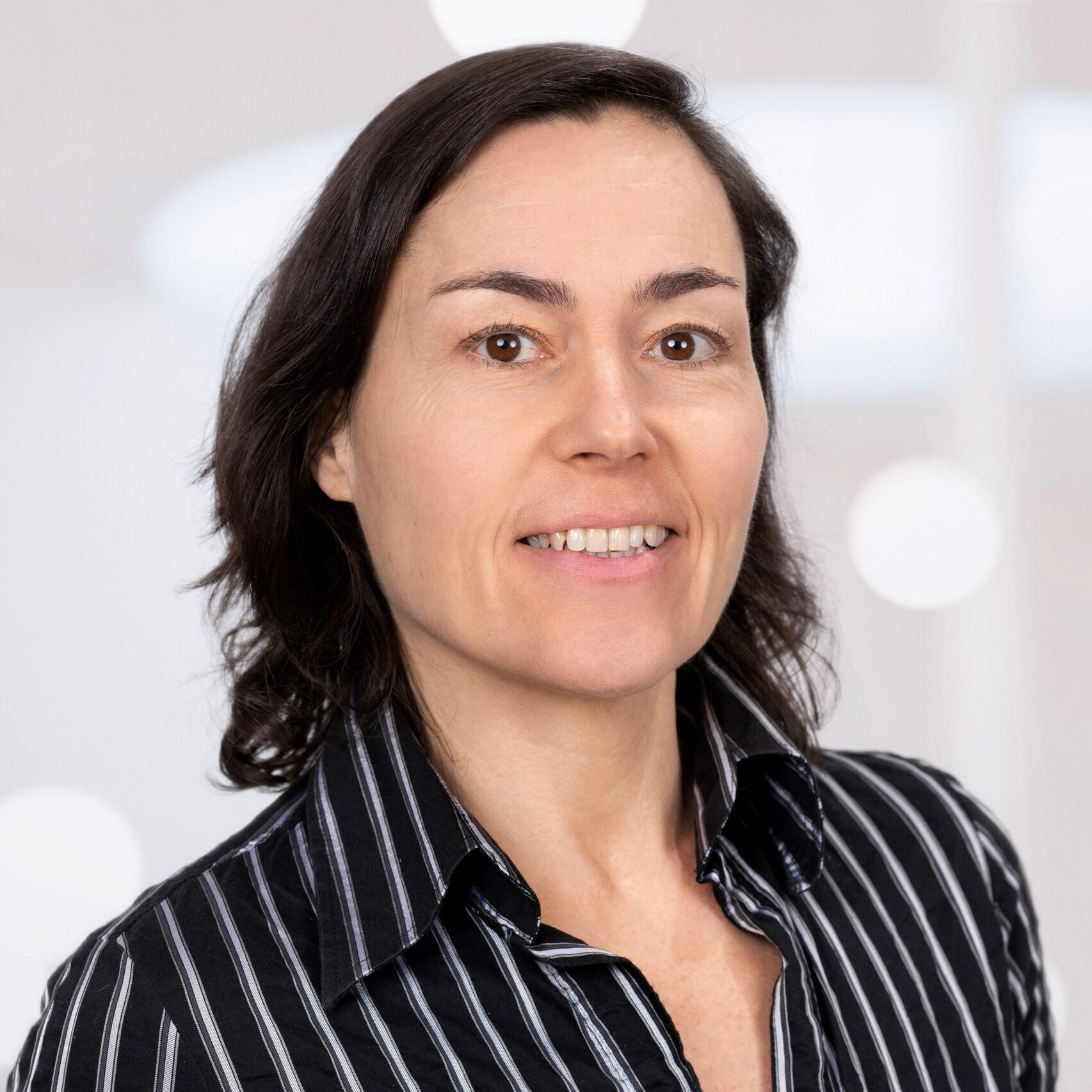
The team

Kati Cseres
Associate Professor
Amsterdam Centre for European Law and Governance (ACELG)
Program Director of EU Law Masters
University of Amsterdam
Biography
Kati Cseres is an Associate Professor of Law at the Amsterdam Centre for European Law and Governance (ACELG) and Program Director of the EU Law Masters at the University of Amsterdam. She is the Co-Director of The Good Lobby Profs inititiave, which monitors the respect of the rule of law by holding the EU and national institutions and leaders accountable. Kati is Editor of the Journal Legal Issues of Economic Integration.
In 2018 she worked as a Distinguished Guest Fellow at the Hungarian Academy of Sciences, Budapest. For 2022, she was selected as a Non-Resident Research Fellow, at the Institute for Consumer Antitrust Studies, Loyola University Chicago.
Kati has been Non-governmental Adviser to the Netherlands Authority for Consumers and Markets (ACM) between 2014 and 2020. She is a Board Member of the Stichting Ontwikkelingen Mededingingsrecht.
Kati has extensive experience in training national judges, officials of public administration and civil society organizations in EU competition law, consumer law and EU state aid law. She has participated in the Re-Jus project and co-organized and taught in the EEUStAID project ‘Building Central and Eastern European judicial capacities for the enforcement of EU State aid law ‘. In 2022, she was the main organizer of the first Capacity Building Training for Civil Society Organizations in EU competition law.
Kati’s research investigates uneven power structures and relations in (EU) competition law, consumer law, constitutional law and energy law She interrogates how various sub-disciplines of law, formal and informal institutions structure power relations in the oversight of markets and which tools they provide for controlling power. Her research agenda focuses on fundamental transformations in societies, political systems and economies that disrupt prevailing models of economic law and its enforcement. She investigates how these models can respond to challenges of growing political and corporate concentration as well as social inequalities.
